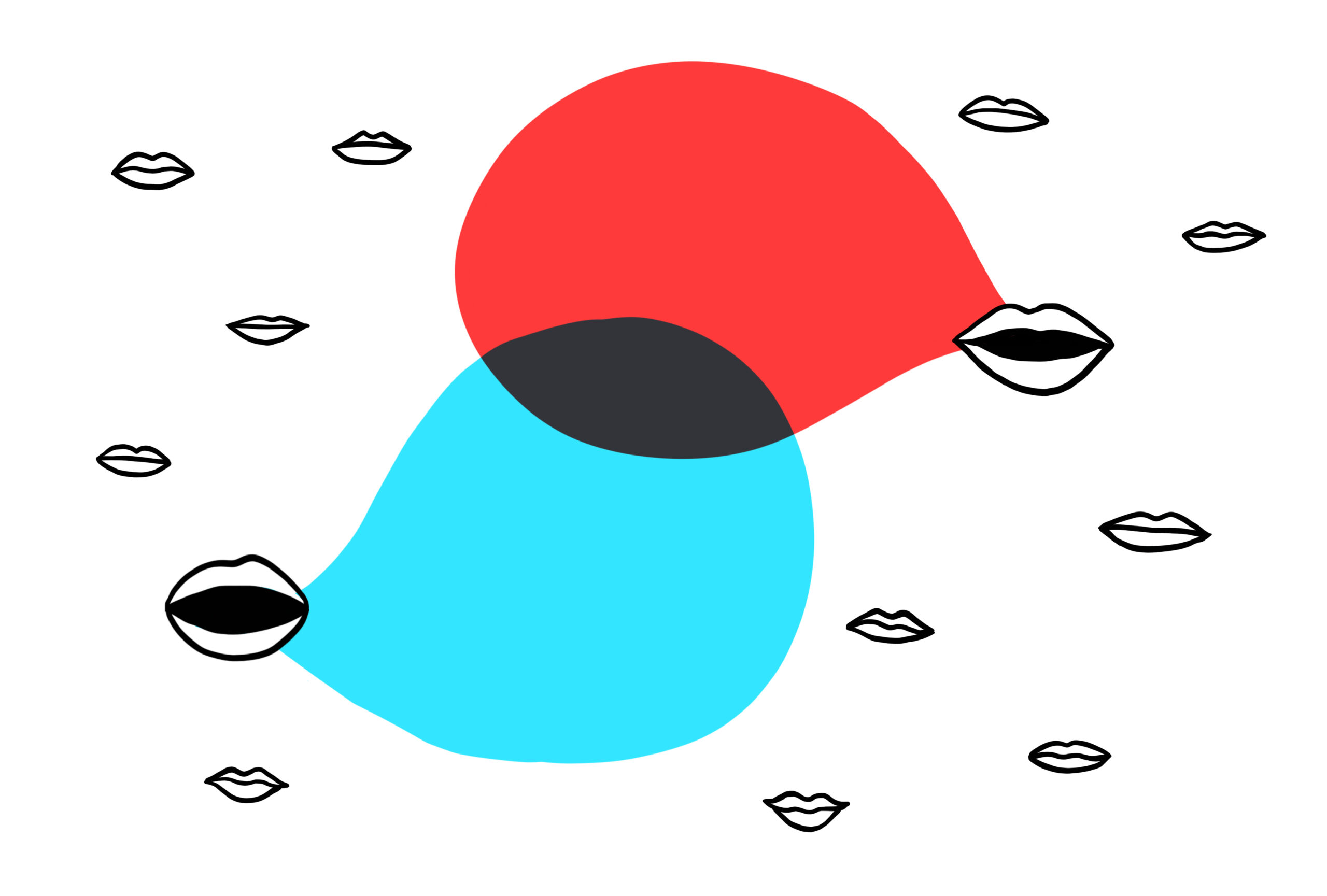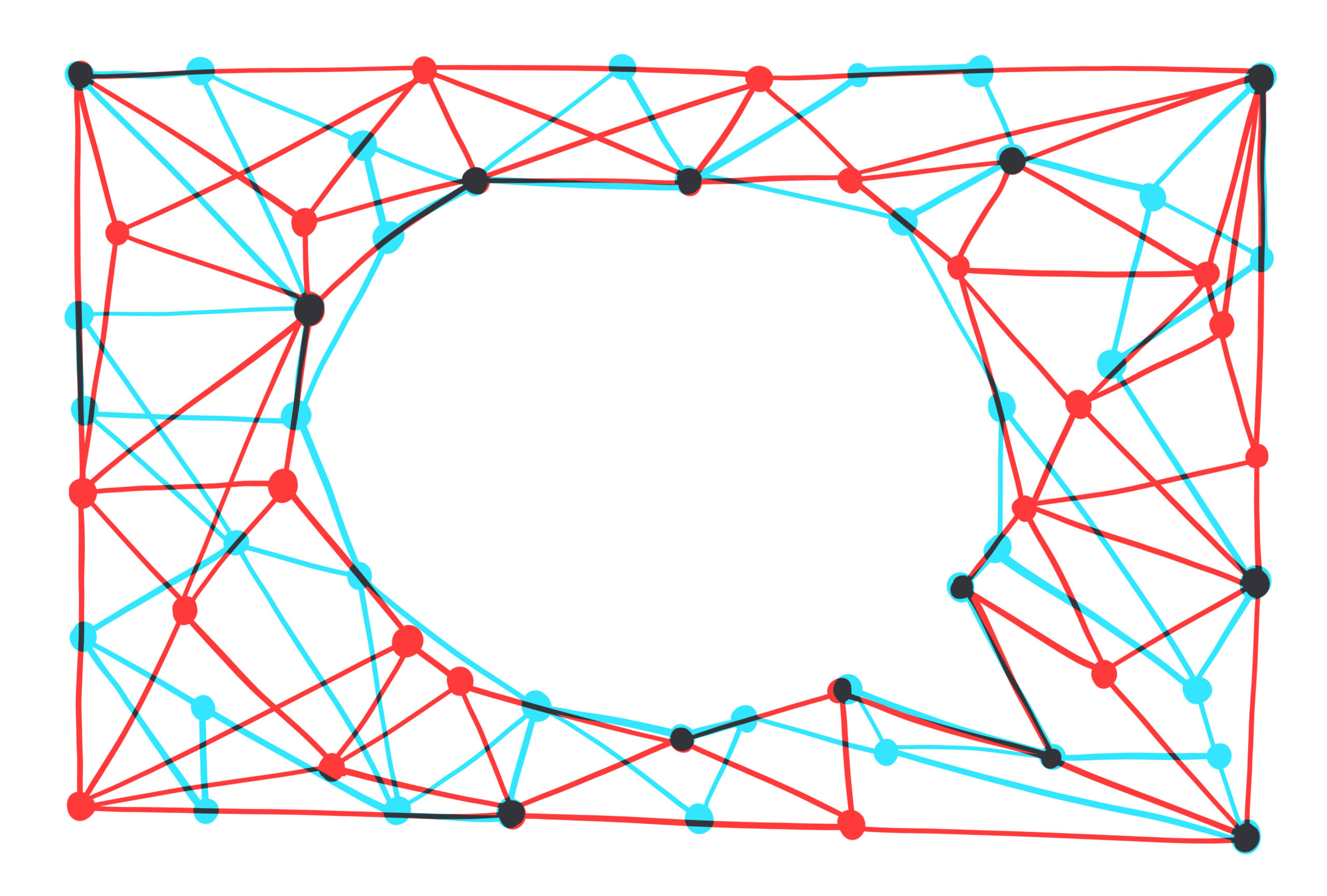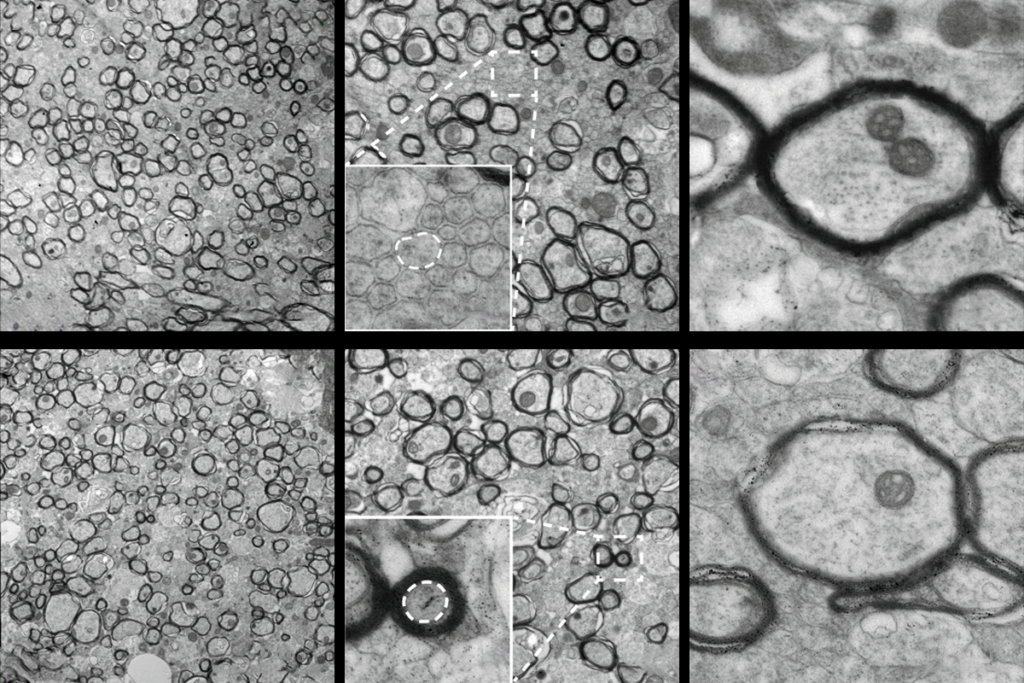Chelsey B. Coombs
Former Engagement Editor
From this contributor
Community Newsletter: Making MRIs more comfortable for autistic people, long-term potentiation and learning
Twitter is talking about a review of how to make autistic people more comfortable during magnetic resonance imaging scans, and a study that upends a popular idea about learning — namely, that it requires long-term potentiation of synapses.

Community Newsletter: Making MRIs more comfortable for autistic people, long-term potentiation and learning
Community Newsletter: Post-traumatic stress in older autistic people, Michael Rutter’s legacy
In this week’s Community Newsletter, we look at conversations around a study of trauma and autism traits in older adults, and an editorial that looks back at late child psychiatrist Sir Michael Rutter’s contributions to the field.

Community Newsletter: Post-traumatic stress in older autistic people, Michael Rutter’s legacy
Community Newsletter: How bias affects clinician attitudes on caregiver coaching
In this week’s Community Newsletter, we look at a study on clinician bias toward marginalized groups and how it affects early intervention, and why accurate demographic information is so important.

Community Newsletter: How bias affects clinician attitudes on caregiver coaching
Community Newsletter: Which came first, the diet or the gut microbiota?
In this week’s Community Newsletter, we look at discussions about the relationship between autism and the gut microbiome, plus a new single-cell chromatin remodeling atlas.

Community Newsletter: Which came first, the diet or the gut microbiota?
Community Newsletter: Autistic researcher strengths, challenging the medical research model
In this week’s Community Newsletter, we dive into two studies that look at how the autism research paradigm could become more inclusive.

Community Newsletter: Autistic researcher strengths, challenging the medical research model
Explore more from The Transmitter
Oligodendrocytes need mechanical cues to myelinate axons correctly
Without the mechanosensor TMEM63A, the cells cannot deposit the appropriate amount of insulation, according to a new study.

Oligodendrocytes need mechanical cues to myelinate axons correctly
Without the mechanosensor TMEM63A, the cells cannot deposit the appropriate amount of insulation, according to a new study.
Modern AI is simply no match for the complexity likely required for harboring consciousness, says Jaan Aru
He argues that our brain’s computations are of a completely different nature than any artificial intelligence because they take place across many spatial and temporal scales and are inextricably entwined with biological materials.
Modern AI is simply no match for the complexity likely required for harboring consciousness, says Jaan Aru
He argues that our brain’s computations are of a completely different nature than any artificial intelligence because they take place across many spatial and temporal scales and are inextricably entwined with biological materials.
Interneurons’ role in epilepsy, and more
Here is a roundup of autism-related news and research spotted around the web for the week of 9 February.

Interneurons’ role in epilepsy, and more
Here is a roundup of autism-related news and research spotted around the web for the week of 9 February.